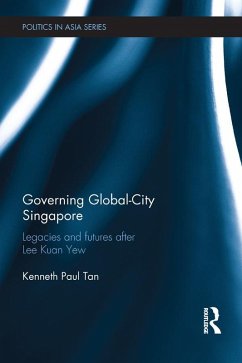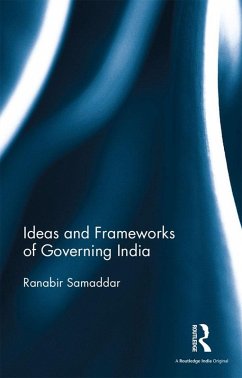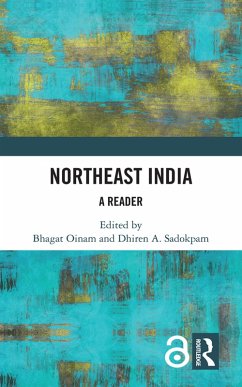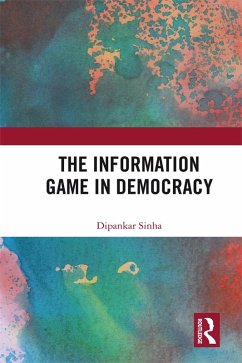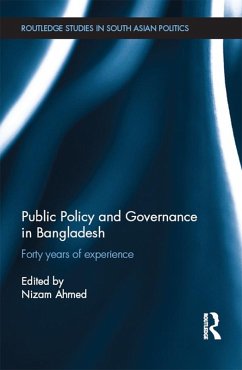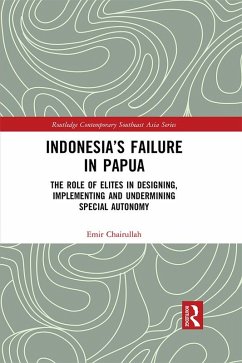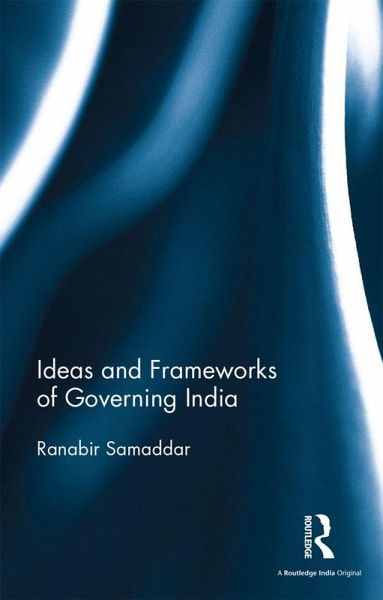
Ideas and Frameworks of Governing India (eBook, PDF)
Versandkostenfrei!
Sofort per Download lieferbar
31,95 €
inkl. MwSt.
Weitere Ausgaben:

PAYBACK Punkte
16 °P sammeln!
Ideas and Frameworks of Governing India and its companion volume Neo-liberal Strategies of Governing India tell the story of governance in independent India and address the critical question: how is a post-colonial democracy governed? Further, they attempt to understand why the process of governing a post-colonial democracy, particularly in the neo-liberal age, should be studied as the central question within the history of post-colonial democracy. The volumes offer hitherto unexplored analyses of governance - political and ideological aspects along with technological characteristics - in a hi...
Ideas and Frameworks of Governing India and its companion volume Neo-liberal Strategies of Governing India tell the story of governance in independent India and address the critical question: how is a post-colonial democracy governed? Further, they attempt to understand why the process of governing a post-colonial democracy, particularly in the neo-liberal age, should be studied as the central question within the history of post-colonial democracy. The volumes offer hitherto unexplored analyses of governance - political and ideological aspects along with technological characteristics - in a historical framework.
This volume discusses:
In breaking new ground in the study of what constitutes the political subject, these volumes will be indispensable to scholars, researchers and students of politics, public administration, development studies, South Asian studies and modern India.
This volume discusses:
- ideas and issues at the core of governance in post-colonial India
- constitution, state-making and government formation
- the asymmetrical nature of the anti-colonial foundations of governance
In breaking new ground in the study of what constitutes the political subject, these volumes will be indispensable to scholars, researchers and students of politics, public administration, development studies, South Asian studies and modern India.
Dieser Download kann aus rechtlichen Gründen nur mit Rechnungsadresse in A, B, BG, CY, CZ, D, DK, EW, E, FIN, F, GR, HR, H, IRL, I, LT, L, LR, M, NL, PL, P, R, S, SLO, SK ausgeliefert werden.




